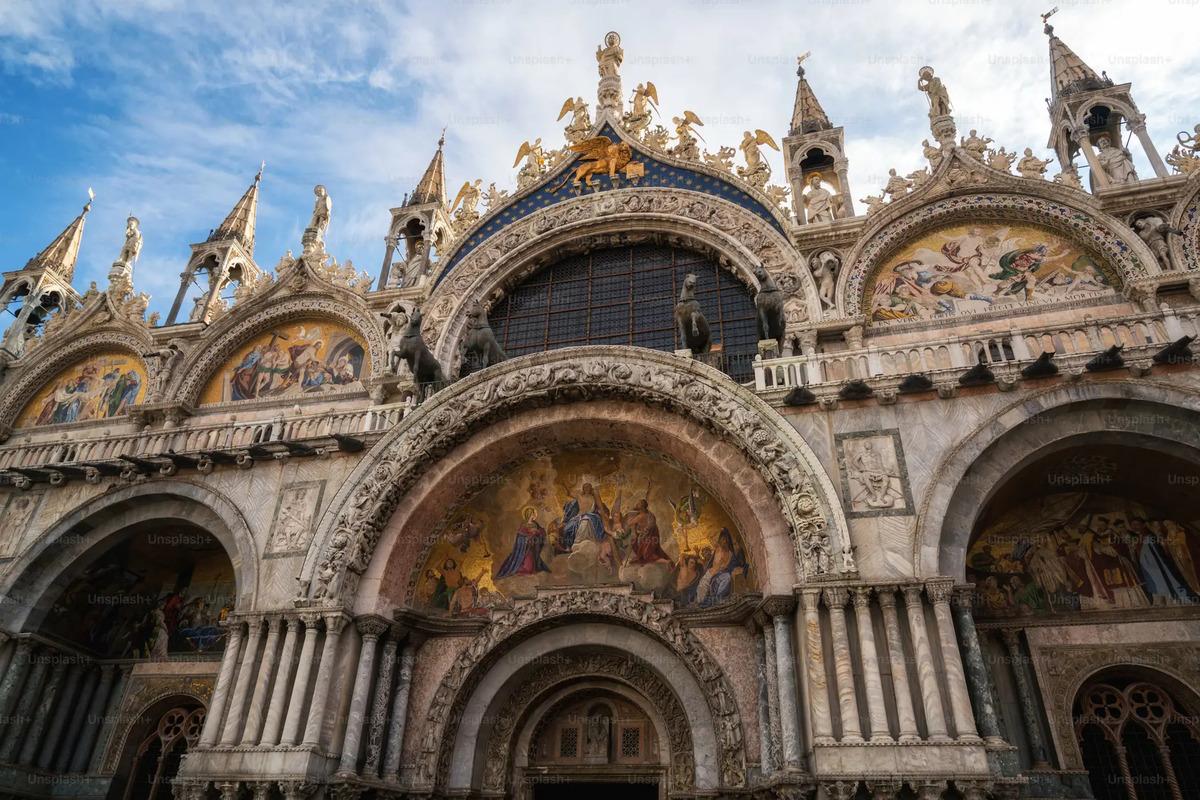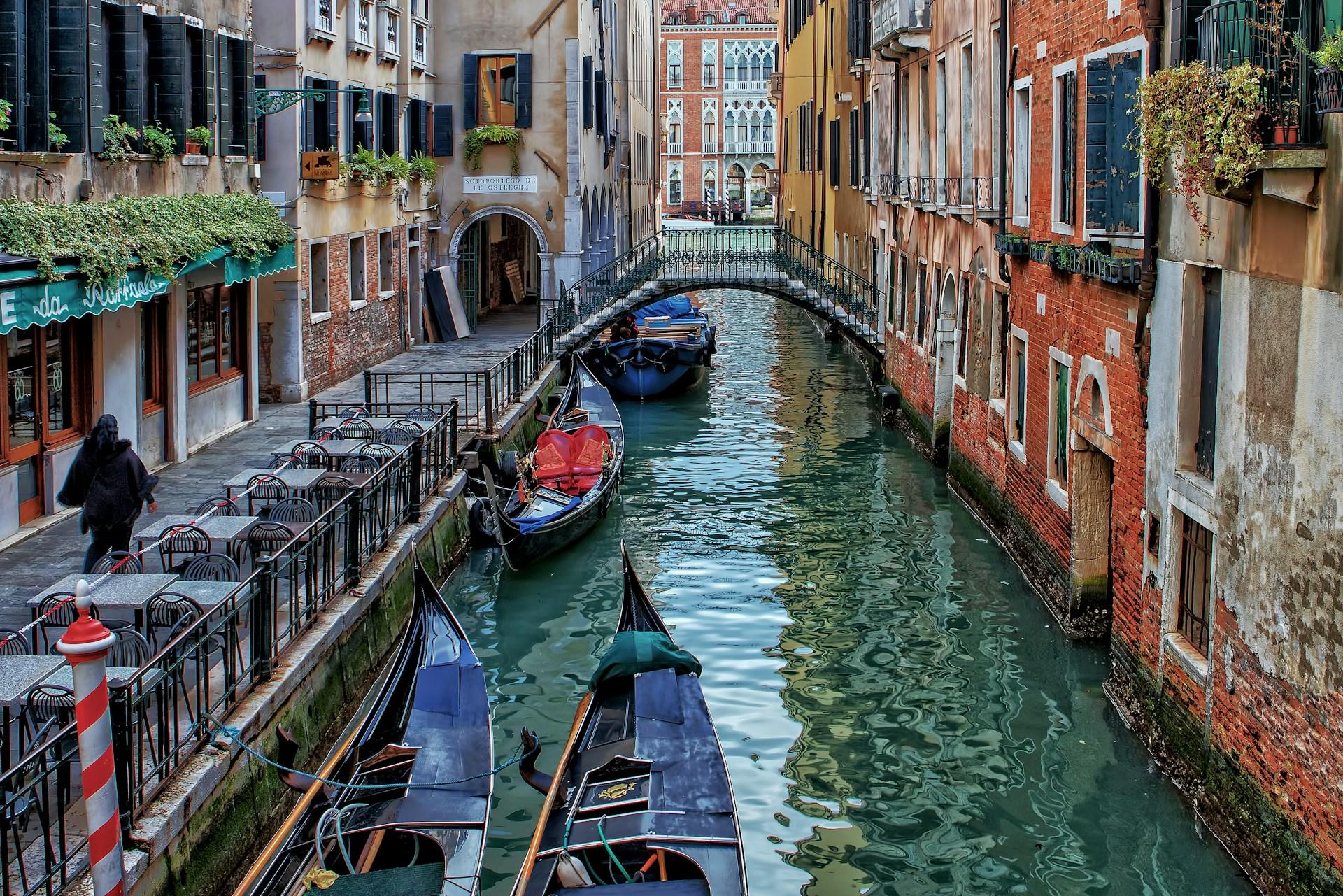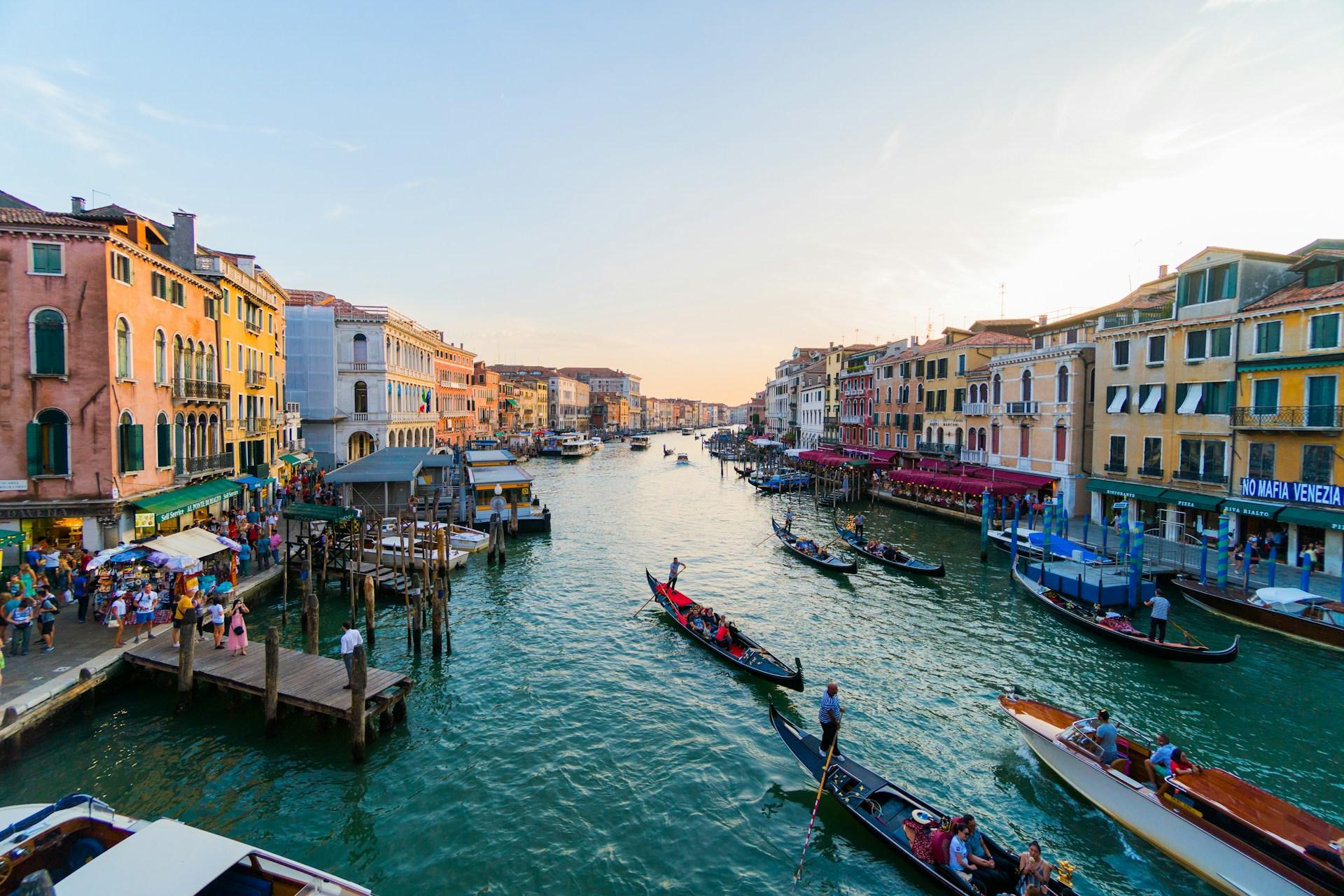Venice, often referred to as the "Floating City" due to its unique urban structure, is one of the most popular tourist attractions. It features an intricate network of canals, stunning architecture, an ethereal ambience, and over 100 small islands, catering to every traveller’s unique taste.
However, with all its enchanting allure, did you know that there lies a lesser-known aspect for visitors: the Venice Visitor Tax?
If you are planning to travel to the city, it is important that you are well-informed of this law to avoid unpleasant surprises and enjoy your trip without disruption.

In recent decades, Venice has emerged as a focal point of over-tourism. In 2019 alone, the city was overwhelmed by 30 million visitors, with a large number being day-trippers. This influx has placed a strain on local resources and infrastructure.
To address the challenges posed by mass tourism, Venice has unveiled a series of regulatory measures set to take effect in 2024. These include restrictions on the size of visiting groups and the introduction of an entry fee for day visitors.
The Venice Visitor Tax, also known as the tourist tax or city tax, is a fee imposed by the city of Venice on visitors. This fee pertains specifically to the historic centre of Venice, exempting nearby islands like Murano.
Exemptions from the visitor tax include:
The introduction of this fee follows a 30-day trial period scheduled for select weekends in the spring and summer of 2024. This rollout was initially slated for January 2023 but was delayed due to logistical concerns and apprehensions about its impact on tourism revenue.

As mentioned above, visitors staying overnight are exempt from the entry fee. However, they are subject to a tourist tax, which was introduced in 2011. This tax varies depending on the season, type of accommodation, and location, and ranges between 1 to 5 euros per person per night for the first five nights.
During peak periods, the tax may increase once bookings exceed a certain threshold.
The city has developed a multilingual online reservation system to facilitate pre-booking visits to Venice. Upon booking, visitors will receive a QR code, which will serve as their entry pass to be presented upon request.
Ticket inspectors will operate throughout the historic city, verifying tickets or proof of exemption. Plans are also underway to establish gateways at certain entry points, such as the railway station, to manage the influx of tourists more effectively.
For those arriving via public transport, there may be an option to purchase entry passes concurrently with travel tickets. Should this service be unavailable, transport operators will issue reminders to passengers to book in advance, potentially offering reduced ticket prices.
The primary goals of the Venice Visitor Tax are to streamline tourist flow, thereby preserving Venice's integrity and ensuring a more enjoyable experience for visitors. It also aims to Alleviate the financial burden on Venetians for city service maintenance, including waste management, infrastructure repairs, and cultural heritage upkeep.
Venice, alongside other cities like Barcelona and Amsterdam, epitomises the challenges of over-tourism. However, despite these pressures, the allure of Venice continues to draw visitors in numbers that exceed its capacity, making such regulatory measures crucial for its preservation and the well-being of its residents.

If you want the latest information on the best Hotel Executive Club Lounges, Hotel Kids Clubs and other travel information, be sure to sign up for our free newsletter full of tips and great travel ideas.